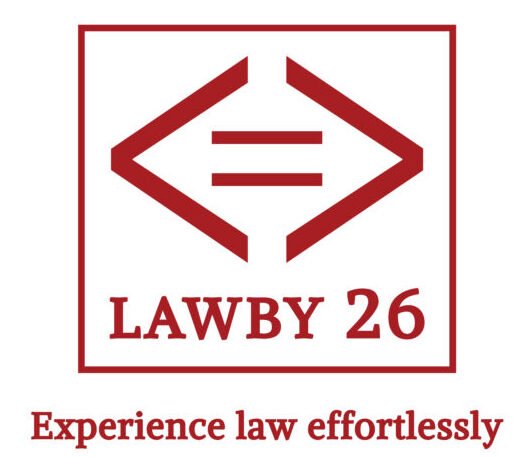The election manifesto accountability saga seems to be never-ending. A puzzle that the law can solve but lawmakers refrain from solving.
Section 123 of the Representation of People’s Act, 1951, brings on record acts deemed corrupt practices. Still, the section is not exhaustive enough to include political parties for inducing citizens to vote by providing freebies in their election manifestos.
The courts have held that election manifestos are not hit by promissory estoppel or the doctrine of legitimate expectations. In ANZ Grindlays Bank Pie Vs. Commissioner, MCD 1995 II AD (Delhi) 573, where dealing with an argument of promissory estoppel and legitimate expectations based on an election manifesto, it was held that the election manifesto of a political party, howsoever boldly and widely promulgated and publicized, can never constitute promissory estoppel or provide a foundation for legitimate expectations.
The Supreme Court of India in S.Subramaniam Balaji vs. Government of Tamil Nadu (2013) 9 SCC 659 directed the ECI to frame guidelines for regulating election manifestos of political parties. Guidelines issued by the Election Commission of India were incorporated in Part VIII of the Model Code of Conduct.
The ECI guidelines directed that the election manifesto shall not be against the ideals and principles of the Indian Constitution and shall be consistent with the spirit of the Model Code of Conduct. It further directed political parties to ensure the credibility of their manifesto to explain the rationale for their promises along with indicating the ways and means, and financial requirements to achieve the same.
The Election Commission has further directed all political parties to send a copy of their election manifestos and a Hindi/English version (if the original version is in the regional language) whenever released, within three days of its release, for the Election Commission’s record. The political parties have also been requested to submit a declaration and a manifesto that the program/policies and promises made therein are in consonance with Part VIII of the Model Code of Conduct.
Courts have consistently dismissed the legal enforceability of election manifestos. It is pertinent to point out the principle of caveat emptor (buyer beware).
May the electorate beware.



